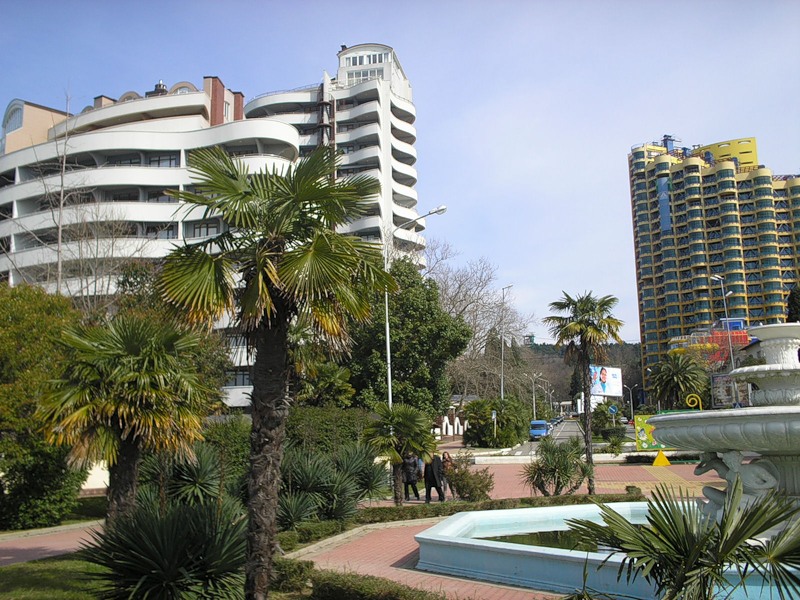Applied Anthropology Goes to Harvard
Hot off the press folks- just YESTERDAY the Harvard Business Review came in with an article about anthropology and other "soft" sciences being of value to the business community. Businesses tend to be very quanitative in their approach to data collection, however they often find that the numbers don't give them all the information they need, so the qualitative approach of ethnographers benefits them greatly.
It would be nice if this meant that they actually went out and hired anthropologists and anthropology majors, so we'll see what becomes of this!
Here's a link to the article:
http://faculty.elgin.edu/mhealy/HBRAnthropology.pdf













